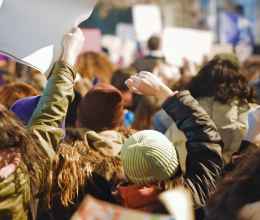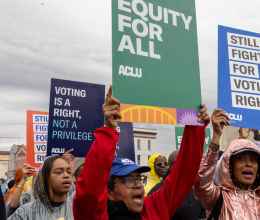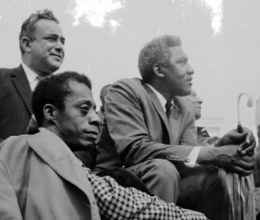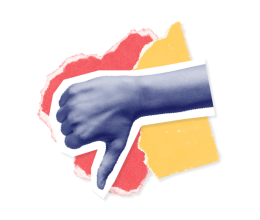
MIAMI, FL – The American Civil Liberties Union of Florida announces a new voter outreach effort in partnership with non-partisan organizations Equal Ground, Voto Latino, and Real Women Radio Foundation. The initiative rests on a new database completed by the ACLU of Florida aimed at identifying eligible voters pursuant to Senate Bill 7066, which disenfranchises hundreds of thousands of voters who had their rights constitutionally restored through the 2018 passage of Amendment 4. The law, which is being challenged in federal court, denies the right to vote to nearly four out of five returning citizens who should be eligible to vote under Amendment 4, due to their inability to pay all fines, fees, and other monetary penalties associated with their convictions.
“We are committed to doing everything we can to end barriers to voting in Florida. While our legal challenge to SB 7066 remains our priority, we knew there was more that needed to be done,” said Micah Kubic, Executive Director of the ACLU of Florida. “The reality is there are hundreds of thousands of Floridians whose right to vote is in limbo because of the state’s inaccurate and confusing record keeping on legal financial obligations. Frankly, it is unacceptable—which is why the creation of this database was necessary to our work to ensure every eligible voter in Florida has access to the ballot box. Democracy is strongest when more people participate, and this effort will help ensure a stronger democracy and that the will of Floridians who supported Amendment 4 is honored.”
To ensure all Florida citizens have unencumbered access to the ballot box, Equal Ground, Voto Latino, and Real Women Radio Foundation will use this tool as a part of their local and statewide voter registration efforts. At the same time, the ACLU of Florida will be communicating with individuals about important civil rights and civil liberties issues and encouraging them to consider those issues as they participate in the 2020 elections.
“The right to vote is a central tool in the democratic upkeep of our nation. While we are obviously very pleased that returning citizens now have a greater opportunity to vote in Florida, it is alarming that Governor DeSantis and the State Legislature have sought to reinstate blatant disenfranchisement in the face of overwhelming support from Florida’s voters,” said Danny Friedman, managing director of Voto Latino. “Voto Latino is committed to helping any and all eligible voters register to vote and then exercise their rights at the polls. We stand firmly with the voters of Florida in the quest for a full and unimpeded franchise.”
The State of Florida lacks a centralized database containing information on who has outstanding legal financial obligations (LFOs), making it nearly impossible for many people to find out how much they owe, and therefore know whether they can lawfully register to vote under Senate Bill 7066. A 2020 analysis of outstanding legal financial obligations in Florida showed, in a conservative estimate, that barely more than one in five individuals whose eligibility to vote was restored through Amendment 4 are likely to be eligible to register to vote under SB7066.
This new database, which holds information from all of the county clerks of court across the state dating back to 1995, serves to centralize this information and help identify the one in five individuals who are eligible to vote under SB 7066 because those available records indicate that they have no outstanding legal financial obligations.
“Witnessing the suppression of access to the ballot box by our state elected officials after the passage of the 2018 Voting Rights Amendment, we're proud to stand with the ACLU and other organizations to expand the electorate,” said Kristin Fulwylie, Managing Director of Equal Ground Education Fund. “We believe this is the right time to be bold and diligent in our actions to reach as many eligible voters as possible ahead of the 2020 election.”
Considering the challenges posed by the COVID-19 pandemic to conventional and in-person voter engagement efforts, the organizations will move to reach eligible voters on online platforms.
"We are facing unprecedented times, but we must remain committed to informing and empowering Floridians with the information they need to participate in their democracy," said Nicole Dixon, Executive Director of Real Women Radio Foundation. "Alongside our partners, we will face the task at hand and continue with our online outreach efforts to contact eligible returning citizens. Justice and fairness demand it."




